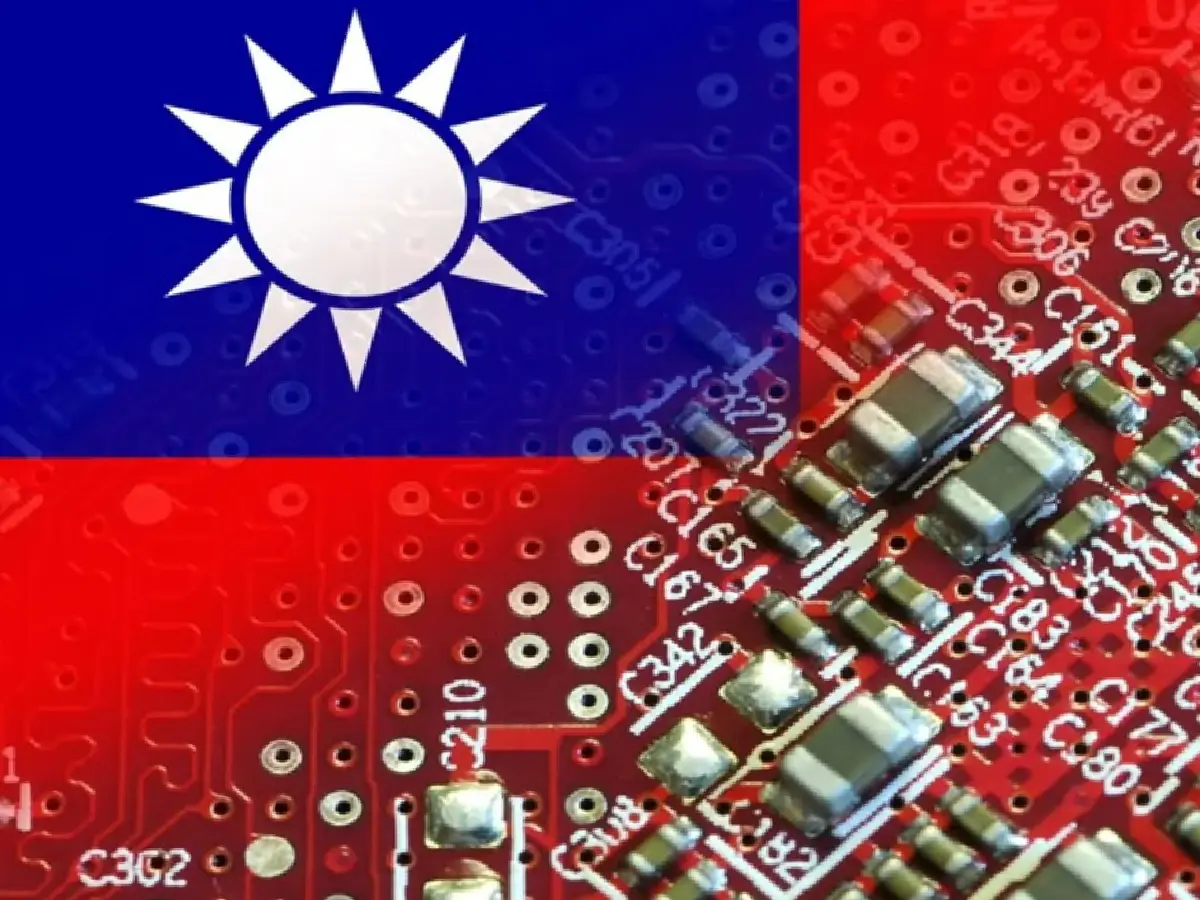Taiwan’s semiconductor industry, at the heart of global technology supply, finds itself at the center of escalating tensions between economic strategy and geopolitics, with Washington exerting significant pressure on these companies to expand their investments within the United States.
The semiconductor industry, often referred to as the “new oil,” accounts for critical components that power everything from smartphones to electric vehicles and advanced military systems. Given this wide range of applications, the strategic importance of semiconductor manufacturing capabilities has become a focal point for national security agendas, particularly for the United States as it seeks to solidify its technological sovereignty and mitigate dependencies on foreign sources.
Taiwan, a small island with an outsized impact on the global technology sector, is home to leading chipmakers such as Taiwan Semiconductor Manufacturing Company (TSMC) and United Microelectronics Corporation (UMC). These companies have established themselves as crucial players in the semiconductor supply chain, catering to a significant portion of global demand. TSMC, for instance, is renowned for its advanced manufacturing capabilities and holds a dominant market share in the production of high-performance chips.
Recently, the U.S. administration has embarked on a strategic push to rejuvenate its domestic semiconductor manufacturing capabilities. This campaign is partly motivated by the ongoing supply chain disruptions drastically highlighted by the COVID-19 pandemic, which underscored the vulnerabilities of global supply chains and the risks of heavy reliance on a single region. The semiconductor shortages experienced during the pandemic had a domino effect, causing massive disruptions in various industries, including automotive and consumer electronics.
In response, the U.S. government has been actively encouraging foreign and domestic firms to establish and expand semiconductor manufacturing facilities on American soil. This initiative not only aims to secure a stable and reliable supply of semiconductors but also seeks to catalyze job creation and technological advancements within the United States.
For Taiwanese chipmakers, the pressure to invest more in the U.S. is fraught with complex considerations. On one hand, expanding their manufacturing footprint in the U.S. could provide these companies with direct access to the largest technology market in the world, potentially leading to increased business opportunities. On the other hand, such moves require massive capital expenditures and could strain existing operations and resources that are currently centered in Taiwan.
Moreover, geopolitical considerations play a significant role. The U.S.-China trade tensions and the strategic rivalry in the technology sector cast a long shadow over the decisions made by Taiwanese semiconductor firms. With China as a major market for Taiwanese semiconductors, any move perceived as aligning too closely with American interests could provoke backlash from Beijing or lead to heightened sanctions or tariffs.
In addition to political pressures, technological challenges also loom large. Establishing semiconductor fabrication plants (fabs) involves not only significant financial outlays but also deep technical expertise and a robust supply chain ecosystem to support high-volume and high-quality production. The transfer of such capabilities to new locations involves considerable risks and uncertainties.
As the U.S. continues to lobby for greater investment in its domestic semiconductor capacity, it will have to balance its strategic objectives with incentives that make such investments attractive to Taiwanese firms and other foreign investors. This could include financial incentives, assurances of intellectual property protection, and a stable trade policy environment.
The global semiconductor landscape is poised at a critical juncture. As nations grapple with the complex interplay of economics, technology, and geopolitics, the decisions made today will likely resonate through the global economy and national security frameworks for decades to come. For Taiwan’s chip companies, the path forward will require not just navigating business imperatives but also diplomatic and strategic acumen in an increasingly complex world.










